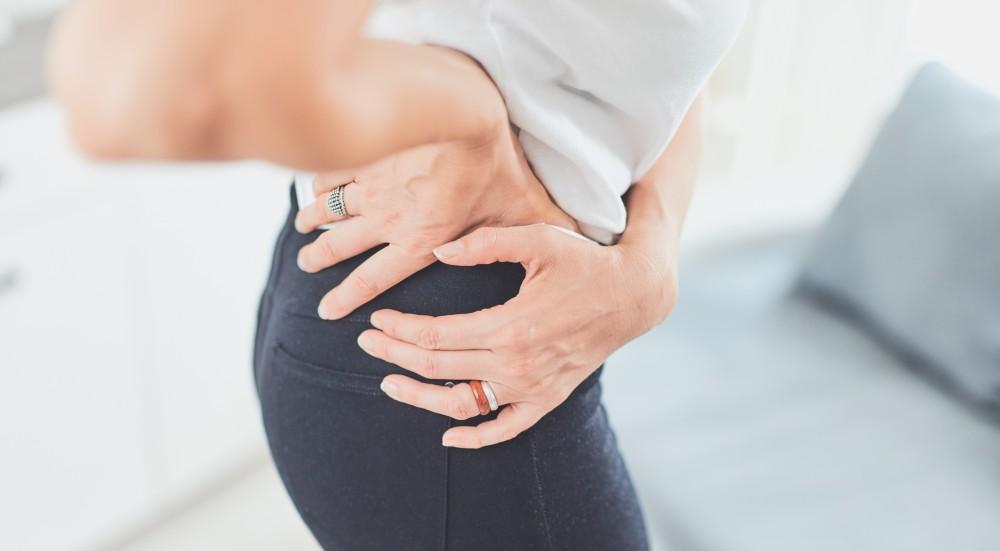Occasional Kidney Pain
Kidney pain is usually felt in the side or small of the back. In some cases, kidney pain may also radiate to the belly area. Occasional kidney pain. Occasional kidney pain: See also some of these symptoms or medical conditions for possibly related medical information (note that there may be other causes or relevant symptoms so always see your doctor). Kidney pain is most often caused by a kidney infection or a stone in the tubes coming out of your kidney. If the pain is coming from your kidney, it will have these features: Where the pain is.
1
Kidney Stone
Why do my kidneys hurt at night? Can it be due to a kidney stone? Kidney stones may not cause pain or other symptoms until they cause obstruction within your kidney or ureter, which connects your kidney to the bladder. Signs and symptoms of kidney stones include:

Severe flank pain
Pain may spread to your lower abdomen and the groin
Varying intensity of pain that usually comes in waves
Pain when urinating
Change in urine color (pink/red/brown)
Foul-smelling or cloudy urine
Nausea, vomiting
Increased frequency of urination
If infection is present, fever and chills may occur
Urinating in small amounts
A kidney stone may cause varying changes in pain, which can shift to different locations as it moves through the urinary tract. For example, it can cause pain in right kidney when lying down or you may experience kidney pain, worse lying down.
What to do:
1) Small stones

Most people who have small kidney stones do not require surgical treatment. Small stones may be able to pass out by:
Dull Kidney Pain Right Side
Drinking more water (2-3 liters a day)
Taking pain relievers such as acetaminophen (Tylenol), ibuprofen (Motrin IB, Advil), and naproxen sodium (Aleve).
Medications to help pass kidney stones, such as alpha blockers, which relax the muscles of the ureters.
2) Large stones
What Causes Occasional Kidney Pain
Kidney stones that cause significant symptoms and cannot be treated with conservative medical measures require more aggressive treatment such as:
Location Of Kidney Pain Vs Back Pain
Extracorporeal shock wave lithotripsy or ESWL, which uses sound waves that break up kidney stones and allow them to pass through the urine
Surgery (percutaneous nephrolithotomy), which uses small instruments inserted through small incisions in the back.
Removing the stones through a ureteroscope (a thin lighted tube with a camera), which is inserted through the urethra.
Surgery on the parathyroid gland, which can produce excess parathyroid hormone, leading to the formation of calcium phosphate stones. Hyperparathyroidism (overactive parathyroid glands) can also occur due to a benign tumor, which must be removed to stop the formation of kidney stones.